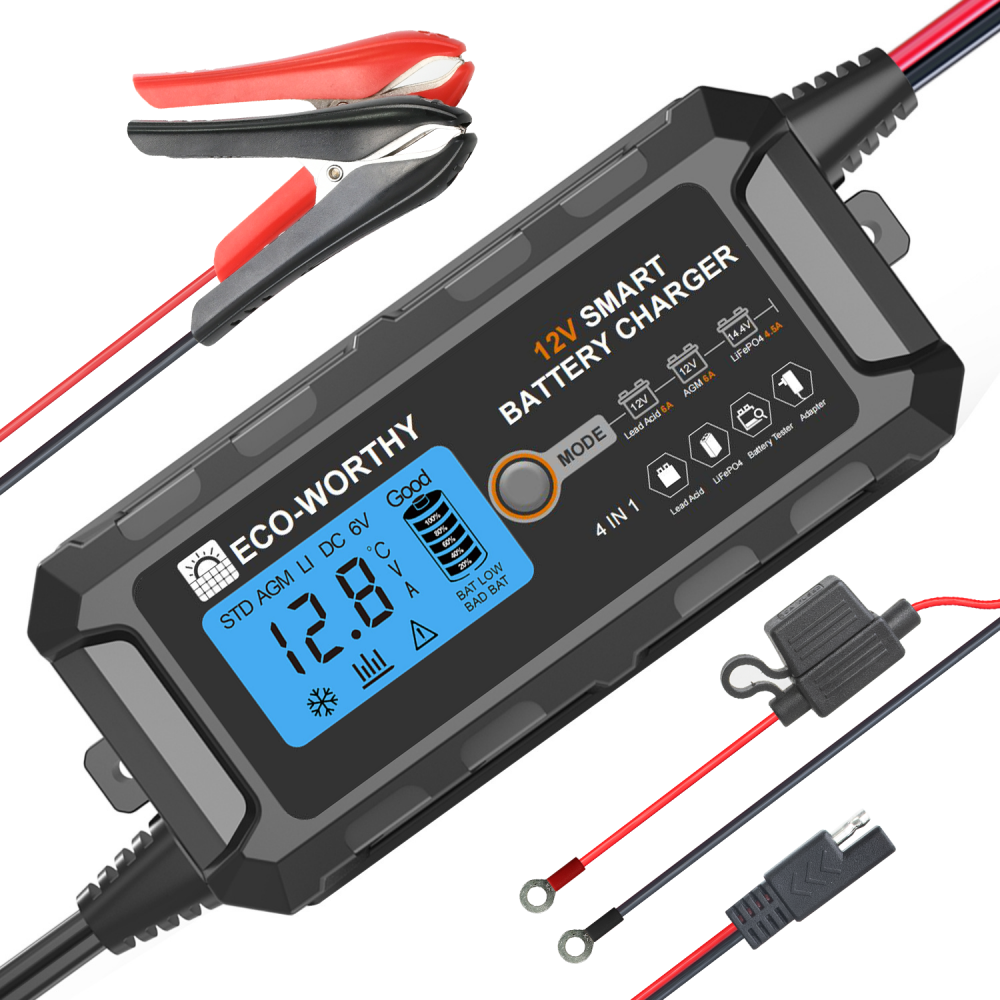Blog Information
- Posted By : Flynn Page
- Posted On : Nov 25, 2024
- Views : 24
- Category : Education
- Description : The Evolution of Lithium Ion Battery Chargers: From Basic to Smart Technology
Overview
- The Evolution of Lithium Ion Battery Chargers: From Basic to Smart Technology
The lithium ion battery charger has undergone significant transformations since its inception. Initially, these chargers were basic devices designed to replenish battery power without much sophistication. However, as technology has advanced, so too have the capabilities of these essential tools.

Understanding the Basics of Lithium Ion Battery Chargers
At its core, a lithium ion battery charger serves a straightforward purpose: to recharge lithium ion batteries efficiently. These chargers operate by applying a voltage to the battery, allowing it to absorb energy. But what distinguishes a basic charger from a modern one? The answer lies in the technology employed.
- Constant Current/Constant Voltage (CC/CV): This method is commonly used in lithium ion charging, ensuring that the battery is charged safely and effectively.
- Temperature Monitoring: Advanced chargers now include sensors to prevent overheating, which can damage the battery.
- Smart Features: Many modern chargers come equipped with microcontrollers that optimise the charging process.
The Rise of Smart Lithium Ion Battery Chargers
As the demand for efficiency and safety has increased, the lithium ion battery charger has evolved into a smart device. Smart chargers are designed to communicate with the battery, adjusting the charging rate based on its condition. This innovation raises an important question: how do these smart chargers enhance battery longevity?
By employing algorithms that monitor battery health, smart chargers can:
- Prevent overcharging, which can lead to battery swelling or even fires.
- Extend the overall lifespan of the battery by optimising charge cycles.
- Provide real-time data on charging status, allowing users to make informed decisions.
Choosing the Right Lithium Ion Battery Charger
When selecting a lithium ion battery charger, it is crucial to consider several factors:
- Compatibility with your specific battery type.
- Charging speed and efficiency.
- Safety features such as short-circuit protection and temperature control.
For those seeking a reliable option, consider the
. This charger features an LCD display and is compatible with both lead-acid and lithium batteries, showcasing the versatility of modern technology.
The Future of Lithium Ion Battery Charging Technology
Looking ahead, the future of lithium ion battery chargers appears promising. With ongoing advancements in technology, we can expect even smarter chargers that incorporate artificial intelligence and machine learning. These innovations will further enhance battery management, making charging safer and more efficient.
In conclusion, the evolution of the lithium ion battery charger reflects broader trends in technology and consumer needs. As we continue to embrace smart solutions, understanding these devices becomes essential for maximising battery performance and longevity.
